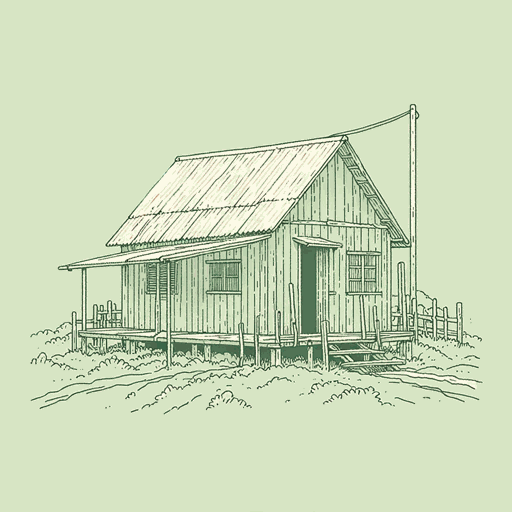60 pages • 2 hours read
Yu HuaTo Live
Fiction | Novel | Adult | Published in 1992A modern alternative to SparkNotes and CliffsNotes, SuperSummary offers high-quality Study Guides with detailed chapter summaries and analysis of major themes, characters, and more. For select classroom titles, we also provide Teaching Guides with discussion and quiz questions to prompt student engagement.
Symbols & Motifs
Food and Clothing
While the differences between wealth and poverty play a significant role in the novel, these differences are most easily seen through the food and clothing, or lack thereof, that the characters have access to. When Fugui is young and wealthy, he wears silk clothing, drinks excessive amounts of alcohol, and eats meat every night. However, after losing his family fortune and moving into a hut, he begins to wear durable sack clothing that can withstand work in the fields, and food becomes something that is worked for, rather than given. In this way, food and clothing become symbolic of wealth, and the lack of these things symbolizes poverty.
Livestock
In the beginning of the novel, Fugui’s father tells him “A long time ago, our Xu family ancestors raised but a single chicken. When that chicken grew up it turned into a goose, the goose in turn grew into a lamb, and the lamb became an ox. This is how our family became rich” (36). Like food and clothing, the ability to have livestock is also representative of wealth. Throughout the novel, Fugui and his family consistently have lambs, representing that they are relatively well off in relation to the other peasant farmers.

